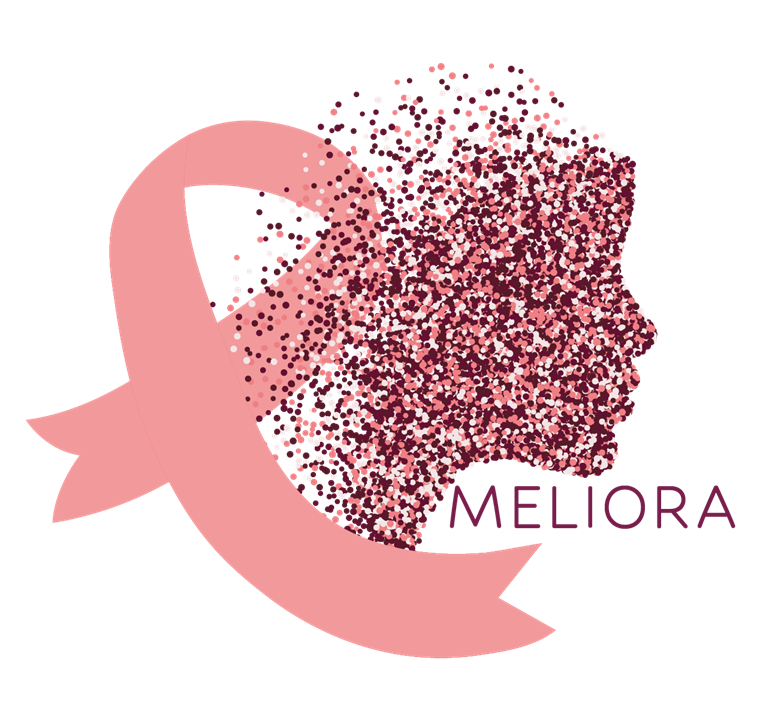
PROGRAM
HORIZON-MISS-2023-CANCER-01
DURATION
2024-2027
CONTACT
Maga-Nteve Christoniki
Mavropoulos Τhanassis
Vrochidis Stefanos
CATEGORIES
Current

MELIORA Consortium will jointly work with local actors at different levels for the realisation of eight (8) in total tailor-made lifestyle intervention and behavioural modification studies, including Artificial intelligence and digital tools, to promote sustainable behavioural changes among three target populations: i) healthy women at risk of developing breast cancer, ii) breast cancer patients and iii) breast cancer survivors. The studies will take place across 4 different European countries (Greece, Sweden, Spain and Lithuania) and 6 piloting centres targeting 2000 women in urban and rural areas including participants throughout the socioeconomic spectrum. Primary health care centres, hospitals or patients’/survivors’ organisations will be used as entry points to the community. The goal of the MELIORA Virtual Coach interventions is to evaluate its effectiveness, through assessing the effect of multiple individual and contextual factors to the uptake and sustainability of behavioural changes. At the same time, identification of specific bottlenecks and barriers that prevent the uptake of sustainable behavioural change will support the development of approaches on how to best reach and involve disadvantaged socio-economic population groups, vulnerable groups, and people living in rural areas, and will provide best practices for behavioural intervention uptake and scale-up. Regular monitoring will be ongoing during the implementation to allow corrective actions and ensure effective adaptation and uptake. Based on the study outcomes, the health economic evaluation and budget impact analysis, and data deriving from the scalability assessment, national and European stakeholders will be invited to evaluate, through workshops, the potential for adoption of the MELIORA Virtual Coach Interventions in other regions or countries in Europe. This action is part of the Cancer Mission cluster of projects on “Prevention & early detection (behavioural change).
M4D is responsible for the detection of any concepts of interest, such as medical entities mentioned inside the text of posts with Named Entity Recognition (NER) and Deep Neural Networks. The identified words will then be linked to open data through queries to related APIs, such as DBpedia Spotlight and Babelnet, to facilitate multilingual access. This will assist the task 5.5.2 that aims to integrate informative data sources gathered from social media, and trustworthy online sources in order to educate and motivate end-users. Specifically, for social media platforms, such as Twitter, a list of end-user approved accounts and pertinent keywords will be established, in accordance to the project’s needs, which will then be combined to create a query for retrieving relevant information.
In addition, M4D leads Task 5.6, where cutting-edge data fusion and machine learning techniques are employed to analyse and integrate diverse data collected during the project. Specifically, historical data and insights from risk assessments will be utilised to enhance personalised risk analysis and participant stratification. Ultimately, through the implementation of a controlled structure to process and fuse the data, the task plays a key role in ensuring accurate results.

PROGRAM
HORIZON-MISS-2023-CANCER-01
DURATION
2024-2027
CONTACT
Maga-Nteve Christoniki
Mavropoulos Τhanassis
Vrochidis Stefanos
CATEGORIES
Current